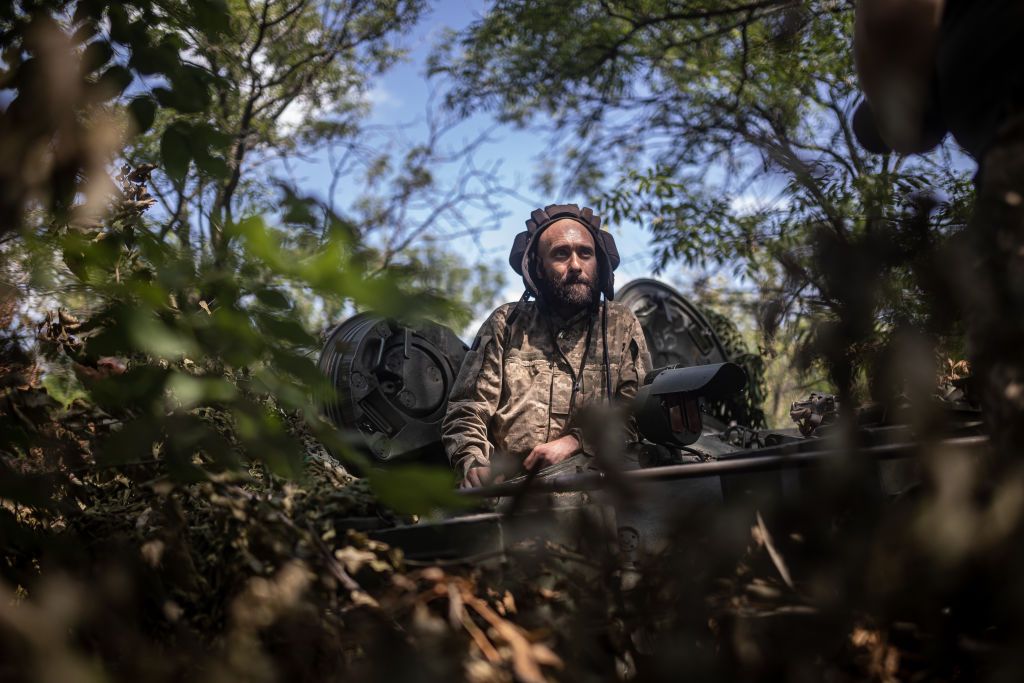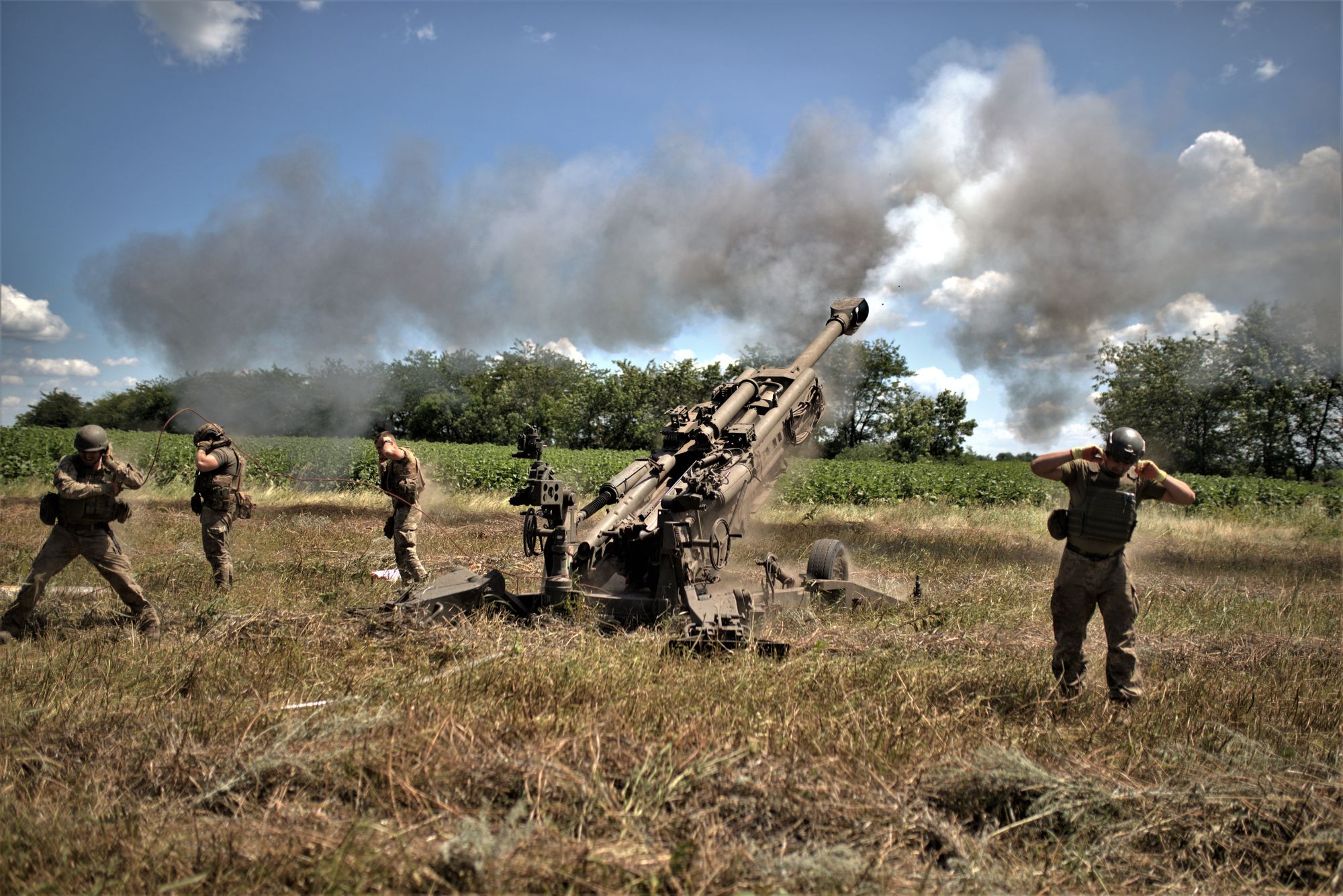Washington Post: US intelligence thinks Ukraine will fail to reach counteroffensive’s key goal.
The U.S. intelligence assesses that Ukrainian forces will fail to reach the key southeastern city of Melitopol in this year's counteroffensive, the Washington Post reported[1], citing unnamed sources familiar with the forecast. If the assessment proves correct, Ukraine will not fulfill its principal goal of cutting off the land bridge that connects Russia to the occupied Crimean peninsula. Ukrainian forces, currently advancing toward occupied Melitopol from the village of Robotyne around 80 kilometers away, will remain outside the city, anonymous U.S. officials suggested to the Washington Post.
Zaporizhzhia Oblast's Melitopol lies on the crossing of two critical highways and a railway line, serving as a logistical hub for the Russian army in southern Ukraine to move military equipment. The city was occupied shortly after Russia launched its full-scale invasion of Ukraine in February 2022. The U.S.'s pessimistic forecast is based on Russia's ability to effectively defend occupied territory with a phalanx of minefields and trenches, which has reportedly slowed down Ukraine's advances, the media outlet wrote.
Ukraine's counteroffensive lurches forward: Key moment looms as more forces committed
Fresh videos of Western-made armor rolling across open fields, a new settlement liberated, and a lot of noise on Russian military blogger Telegram channels heralded to the world on July 28 that the Ukrainian summer counteroffensive had upped its gear. Almost eight weeks into the long-awaited operat...
 [2]
[2]
As another reason for Ukraine's counteroffensive not meeting the allies' expectations, the officials named Kyiv's strategy of relying on smaller units to advance in different areas of the front rather than concentrating a large mass of forces on a single breakthrough point. This approach, which contradicts the Pentagon's recommendations, has led to Ukranian forces making limited gains in different areas over the summer, but allowed them to reduce the losses, added WP.
According to President Volodymyr Zelensky, Ukraine had planned[3] to launch the counteroffensive much earlier than in early June to prevent Russia from building up its defenses. The plans were postponed due to the slow progress of Western supplies and training, he told CNN. Ukrainian armed forces' Commander-in-Chief Valerii Zaluzhnyi told[4] the Washington Post that Ukrainian troops advance daily despite the lack of much-needed supplies, including F-16 fighter jets and artillery ammunition.
Zaluzhnyi criticized those complaining of "slow progress," adding that the counteroffensive is "not a show." President Volodymyr Zelensky also noted[5] that the advance is "slower than desired" but that the campaign is not a movie.
How controversial cluster munitions give Ukraine needed punch during counteroffensive
Ukraine has begun using American cluster munitions in the field and is doing so effectively, according to the White House. "They are using them appropriately," National Security Spokesman John Kirby said on July 21. "They're using them effectively, and they are actually having an impact on Russia's...
 [6]
[6]
References
- ^ reported (www.washingtonpost.com)
- ^ Ukraine's counteroffensive lurches forward: Key moment looms as more forces committedFresh videos of Western-made armor rolling across open fields, a new settlement liberated, and a lot of noise on Russian military blogger Telegram channels heralded to the world on July 28 that the Ukrainian summer counteroffensive had upped its gear.
Almost eight weeks into the long-awaited operat...
(kyivindependent.com) - ^ planned (edition.cnn.com)
- ^ told (kyivindependent.com)
- ^ noted (kyivindependent.com)
- ^ How controversial cluster munitions give Ukraine needed punch during counteroffensiveUkraine has begun using American cluster munitions in the field and is doing so effectively, according to the White House. "They are using them appropriately," National Security Spokesman John Kirby said on July 21. "They're using them effectively, and they are actually having an impact on Russia's... (kyivindependent.com)